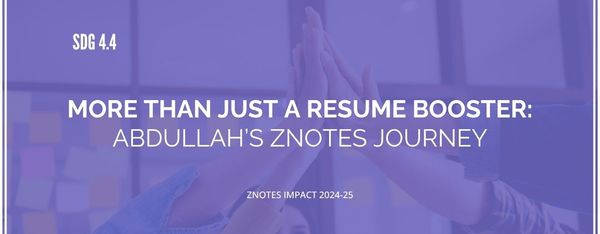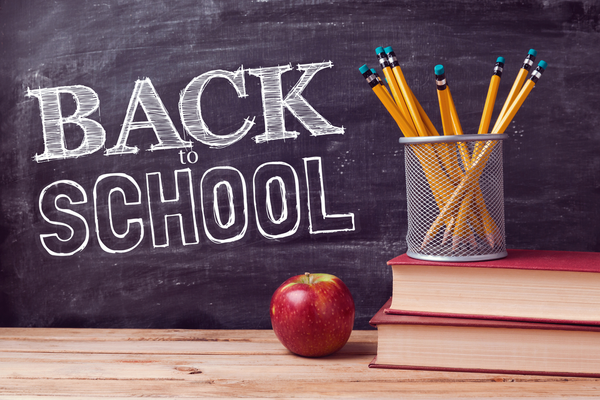Exploring Different Types of Schooling: A Journey Through Educational Choices
Education is the cornerstone of personal and societal growth, offering diverse pathways in life. Nowadays, parents and students face an array of schooling options in its evolving landscape, and each has its unique approach and benefits. This blog post will explore different types of schooling available today. This will help you understand choices better and make informed decisions.
1. Traditional Public Schools
Traditional public schools are the most common form of education in many countries. They are funded and managed by the government. These schools follow a standardized curriculum set by the state. Teachers are certified by state authorities. These schools are free for residents. They typically serve students from diverse backgrounds. Public schools often offer a wide range of extracurricular activities sports and specialized programs. This makes them a well-rounded option for many families.
Pros:
- Free and accessible
- Diverse student population
- Extensive extracurricular opportunities
Cons:
- Larger class sizes
- Limited flexibility in curriculum
- Varying quality depending on the district
2. Private Schools
Private schools operate independently of the government. They are funded through tuition fees, donations and endowments. These schools often have more flexibility in curricula and teaching methods. This allows them to offer specialized programs with smaller class sizes and a more personalized education experience. Private schools can be secular or affiliated with religious organizations.
Pros:
- Smaller class sizes
- Specialized and flexible curricula
- Enhanced resources and facilities
Cons:
- High tuition fees
- Limited diversity
- Selective admission process
3. Charter Schools
Charter schools are publicly funded but operate independently of the traditional public school system. They are granted more flexibility in their operations and curriculum in exchange for accountability in academic performance Charter schools often focus on innovative teaching methods. They attract families seeking alternatives to traditional public schools.
Pros:
- Innovative teaching approaches
- Flexibility in curriculum
- Often smaller, community-focused environments
Cons:
- Limited availability
- Varied quality and performance
- Potential for instability (risk of closure if they don’t meet performance standards)
4. Montessori Schools
Montessori schools are based on the educational philosophy of Dr. Maria Montessori, emphasizing self-directed learning, hands-on activities and collaborative play. These schools are designed to foster independence, creativity, and a love of learning, with a curriculum that adapts to the child’s pace. Montessori schools are typically available for preschool and early elementary levels. Some extend into higher grades.
Pros:
- Child-centred learning approach
- Encourages independence and critical thinking
- Flexible and individualized curriculum
Cons:
- Limited availability for higher grades
- Less focus on standardized testing
- Higher tuition fees (in private Montessori schools)
5. Homeschooling
Homeschooling allows parents to take control of their child's education. They can tailor the curriculum to their child’s needs interests and learning pace. It provides ultimate flexibility. Parents choose or create their curriculum. They set their schedule. Often, they incorporate experiential learning activities like travel internships and volunteer work. Homeschooling can also be part of a cooperative (co-op) where families collaborate to teach different subjects.
Pros:
- Highly personalized education
- Flexible schedule and curriculum
- Opportunities for experiential learning
Cons:
- Requires significant time and effort from parents
- Limited social interaction with peers
- Potential challenges in meeting state education standards
6. Online Schools
Online schools are known as virtual schools. They deliver education through the Internet. These schools can be fully online or offer blended learning. Students split their time between online and in-person instruction. Online schooling provides flexibility in scheduling. It allows students to learn at their own pace. They can access a wide range of courses, often from anywhere in the world.
Pros:
- Flexible learning schedule
- Access to a broad range of courses and resources
- Ideal for self-motivated learners
Cons:
- Requires strong self-discipline and time management
- Limited social interaction
- Potential for screen fatigue and reduced physical activity
7. Alternative Schools
Alternative schools cater to students whose needs aren't met by traditional schooling models. These schools often focus on non-traditional teaching methods. They emphasize smaller class sizes. Supportive environments are created for students who may struggle in conventional settings. Additionally, they serve students with learning disabilities or behavioural issues. Some students seek different approaches to learning.
Pros:
- Tailored education for students with unique needs
- Supportive and flexible environment
- Smaller, more focused learning communities
Cons:
- Limited availability
- May lack the resources of larger schools
- Can be more expensive
Remember education is not a one-size-fits-all journey. Choosing the right type of schooling is a deeply personal decision that depends on a variety of factors including the child's needs, family values, and available resources. Whether you choose traditional public education or explore innovative approaches such as charter and Montessori schools, the key is to find an environment where your child can thrive academically, socially, and emotionally.




